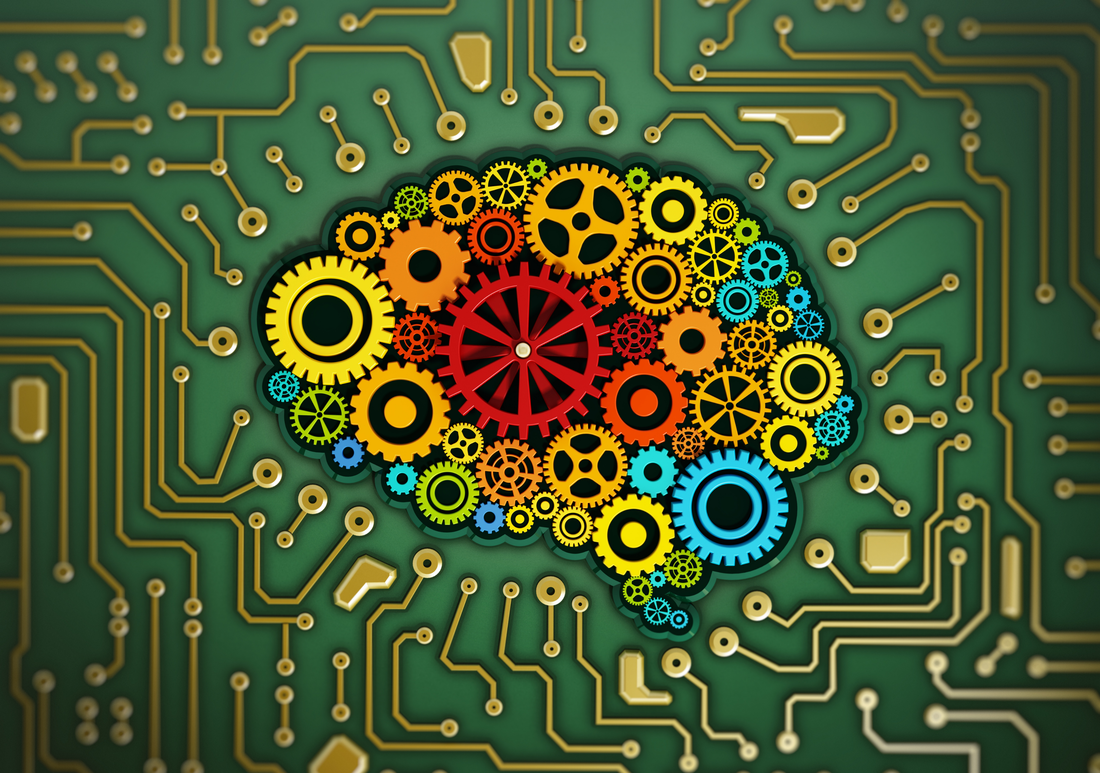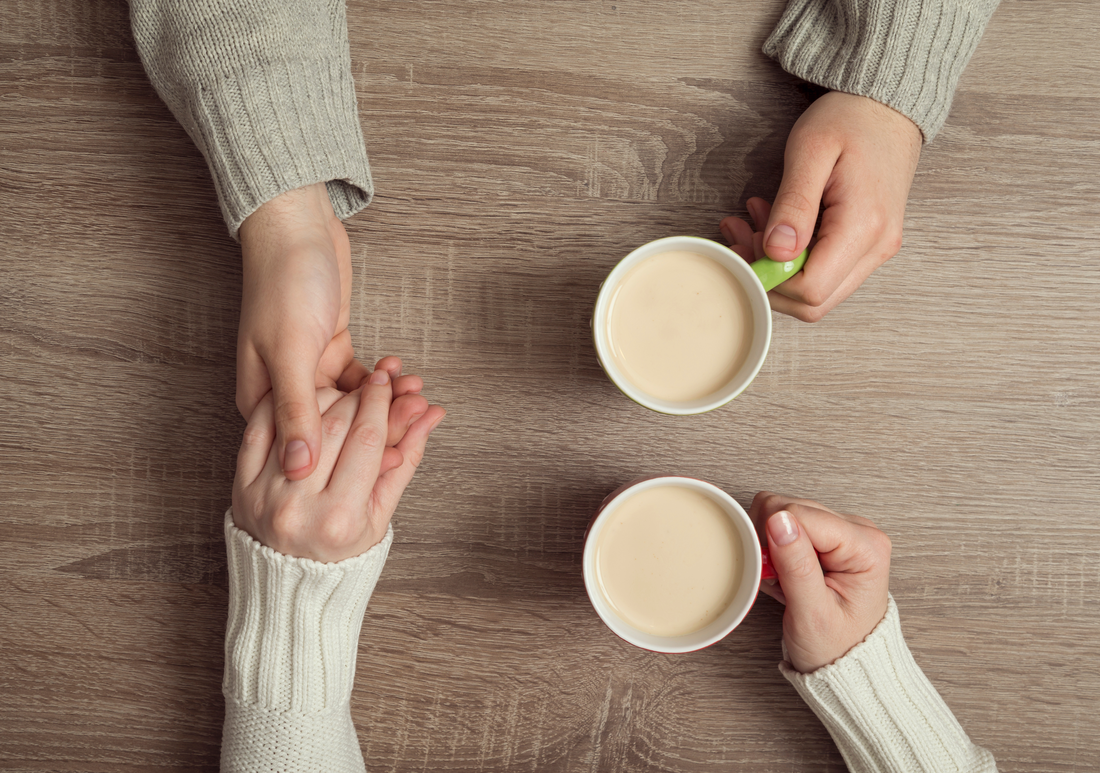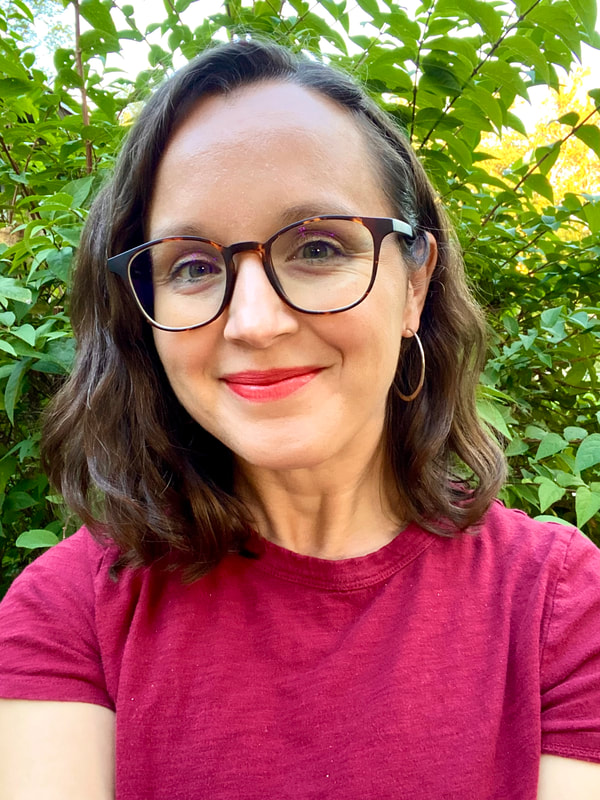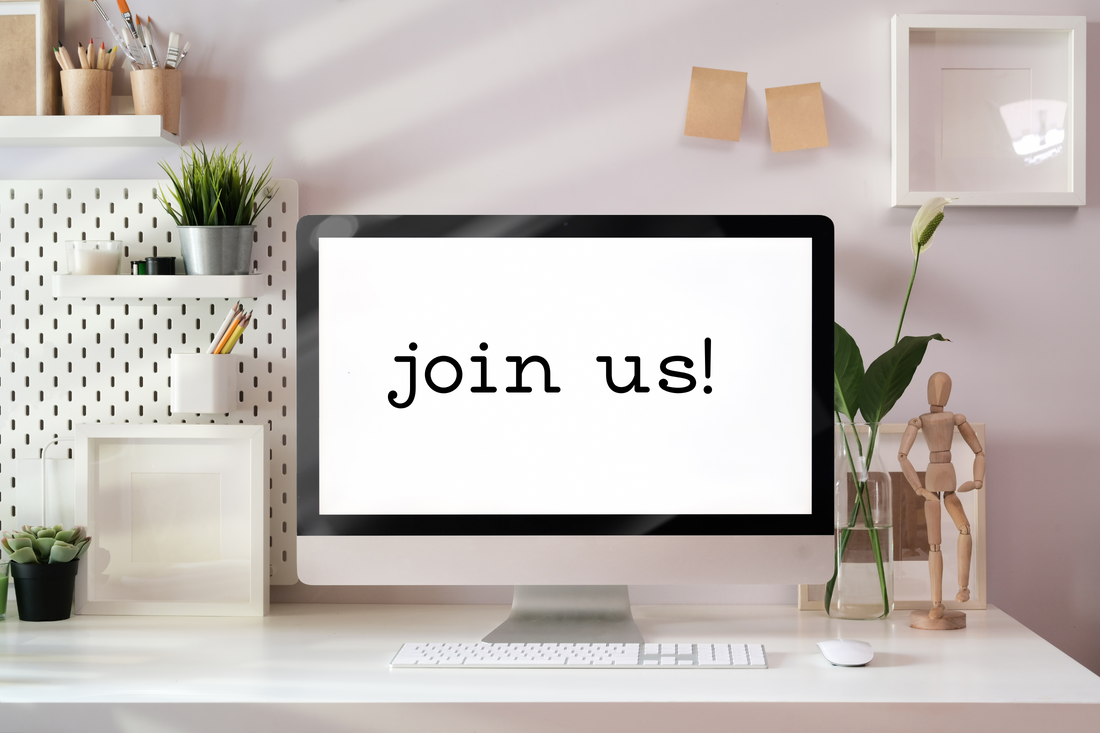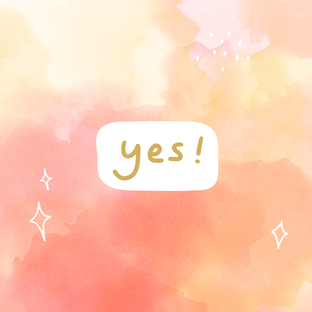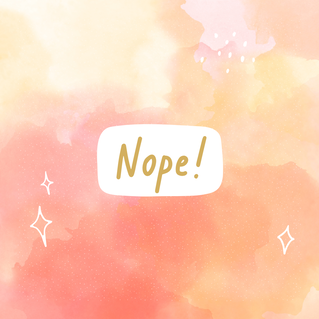When you love someone who is wired differently,
you need different support--you'll find it here!
Being in a relationship with someone with autism can make you feel doubly invisible.
Invisible to the person you love most, whose attempts communicate their love for you and efforts to meet your needs may often fall short of your hopes.
But worse: you may feel invisible to the whole world, including to your family and friends, even to helping professionals like therapists and relationship experts. No matter where you turn for support, you find yourself easily dismissed or misunderstood by people who often have good intentions but who simply don't get how different your neurodiverse relationship truly is.
Becoming Twice-Compassionate is a supportive online course created just for you and other partners of adults on the autism spectrum. Together, we'll navigate all the joys and challenges your neurodiverse relationship brings with the unique knowledge, practices, and skills you need.
Here, you'll be able to truly see yourself--your struggles, your aspirations, and your strengths--and to meet yourself with compassion.
Here, you'll be able to truly see your partner--their struggles, their aspirations, and their strengths--and to meet them with compassion, too.
And here, the love that you and your partner have for each other will be seen, celebrated, and strengthened so that you can cultivate connection, collaboration, and tender care.
Online Weekend Retreat
November 3-5, 2023
What You'll Learn
Self-CompassionUnderstand common pain points for partners in neurodiverse relationships
Develop skills that enable you to turn toward yourself with warmth, grounding, & compassion |
Autism/Partner-CompassionUnderstand common pain points for adults on the autism spectrum, in relationships as well as in the wider world
Increase feelings of compassion for your partner (without invalidating your own emotions) |
Twice-Compassionate
|
Imagine if...
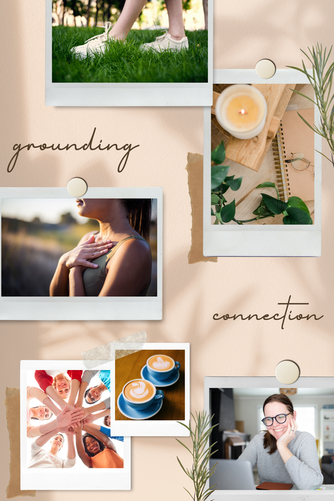
What if...
...you could turn your hunger for connection toward yourself and give yourself the gift of your own deepest care, kindness, and affection?
What if...
...you could spend far less emotional energy on your neurodiverse relationship while experiencing increased positive communication, effective collaboration, and meaningful connection?
What if...
...you could consistently feel more grounded and oriented, regardless of your partner's actions or inactions, and confidently choose meaningful pathways for relating that honor both yourself and your partner?
What if...
...you could feel seen, understood, and validated in your deepest pain as well as in your highest hopes for your relationship?
All of these possibilities and more are RIGHT HERE, ready to welcome you!
"Becoming Twice Compassionate" will gently move you through a process of learning and discovery within a community of people just like you.
Just bring your authentic self, a little hope, and an open heart--we'll journey together toward ideas and practices that will enable you to thrive as you love yourself and your neurodivergent partner.
"Becoming Twice Compassionate" will gently move you through a process of learning and discovery within a community of people just like you.
Just bring your authentic self, a little hope, and an open heart--we'll journey together toward ideas and practices that will enable you to thrive as you love yourself and your neurodivergent partner.
Hi there, I'm LaurieCourse Creator + FacilitatorI'm the neurotypical adult child of a mother on the autism spectrum who has spent my whole life learning how to navigate a neurodiverse relationship! I have taken my own journey of liberation toward greater compassion for both my mother and myself, finding my own healing at this "twice-compassionate" intersection.
I'm also an AANE Certified Neurodiverse Couples Therapist with nearly a decade of experience in private practice who has helped hundreds of people build more meaningful, fulfilling relationships across complex differences. Both my personal and professional experiences have shown me there's nowhere near enough knowledge or support for those of us who love someone on the autism spectrum. I created this course to change that--and to help build a world where there's more understanding, acceptance, and compassion for all of us. |
Here's a video message from me about our course:
Course Content
Online Weekend Retreat
November 3-5, 2023
Our sessions will take place live over zoom and will include educational content, conversations, guided meditations and tools to help you integrate your learning and put it into practice at home.

Friday November 3rd
Introducing Ourselves & Self-Compassion (7-8 pm EST)
We'll start building our relationships with one another and learn about what self-compassion is and why it's so important in neurodiverse relationships.
Saturday November 4th
Tender Self-Compassion (9:30-11 am EST)
We'll identify common pain points in neurodiverse realtionships and practice using self-compassion to comfort and care for ourselves when we're in pain.
Unit 3: Fierce Self-Compassion (11:30 am-1 pm EST)
We'll learn what fierce self-compassion is and practice harnessing it to help us advocate for ourselves and our needs in our neurodiverse relationships.
Unit 4: Self-Compassion Past & Present (2:30 pm-4:30 pm EST)
We'll explore how past hurts (in childhood, in other relationships) are reactivated in our neurodiverse relationship and practice bringing self-compassion to both our past and present selves.
Introducing Ourselves & Self-Compassion (7-8 pm EST)
We'll start building our relationships with one another and learn about what self-compassion is and why it's so important in neurodiverse relationships.
Saturday November 4th
Tender Self-Compassion (9:30-11 am EST)
We'll identify common pain points in neurodiverse realtionships and practice using self-compassion to comfort and care for ourselves when we're in pain.
Unit 3: Fierce Self-Compassion (11:30 am-1 pm EST)
We'll learn what fierce self-compassion is and practice harnessing it to help us advocate for ourselves and our needs in our neurodiverse relationships.
Unit 4: Self-Compassion Past & Present (2:30 pm-4:30 pm EST)
We'll explore how past hurts (in childhood, in other relationships) are reactivated in our neurodiverse relationship and practice bringing self-compassion to both our past and present selves.

Sunday November 5th
Unit 5: Autism-Compassion, Part 1 (9:30-10:30 am EST)
We'll learn about common pain points autistic people experience daily as they navigate a world that privileges neurotypical processing and practice holding compassion for them.
Unit 6: Autism-Compassion, Part 2 (11 am-12 pm EST)
We'll learn about common pain points autistic people experience in neurodiverse relationships and practice holding compassion for them and for ourselves simultaneously.
Unit 7: Twice-Compassionate Tools & Practices (1-2 pm EST)
We'll explore tools and practices to improve communication and connection that are rooted in compassion for yourself and your partner.
Unit 8: Carrying Twice-Compassion Onward (2-3 pm EST)
We'll celebrate our journey together and identify ways to continue building twice-compassionate perspectives and practices as our course concludes.
Unit 5: Autism-Compassion, Part 1 (9:30-10:30 am EST)
We'll learn about common pain points autistic people experience daily as they navigate a world that privileges neurotypical processing and practice holding compassion for them.
Unit 6: Autism-Compassion, Part 2 (11 am-12 pm EST)
We'll learn about common pain points autistic people experience in neurodiverse relationships and practice holding compassion for them and for ourselves simultaneously.
Unit 7: Twice-Compassionate Tools & Practices (1-2 pm EST)
We'll explore tools and practices to improve communication and connection that are rooted in compassion for yourself and your partner.
Unit 8: Carrying Twice-Compassion Onward (2-3 pm EST)
We'll celebrate our journey together and identify ways to continue building twice-compassionate perspectives and practices as our course concludes.
Compassionate Pricing:
Pay What You Can
In the spirit of compassion, I'm offering a tiered pricing structure where you can choose the price that is the best fit for you.
The "supported rate" is below the standard rate for those with financial need or economic barriers.
The "standard rate" covers your own participation.
The "supporter rate" covers your participation as well as subsidizes the cost for other participants in need.
$200: Supported Rate
(use code SUPPORTED at check out)
$350: Standard Rate
(use code STANDARD at check out)
$500: Supporter Rate
(no code needed at check out)
Registration now closed.
The "supported rate" is below the standard rate for those with financial need or economic barriers.
The "standard rate" covers your own participation.
The "supporter rate" covers your participation as well as subsidizes the cost for other participants in need.
$200: Supported Rate
(use code SUPPORTED at check out)
$350: Standard Rate
(use code STANDARD at check out)
$500: Supporter Rate
(no code needed at check out)
Registration now closed.
This course is for you if...
|
|
This course is not for you if...
|
|
frequently asked questions
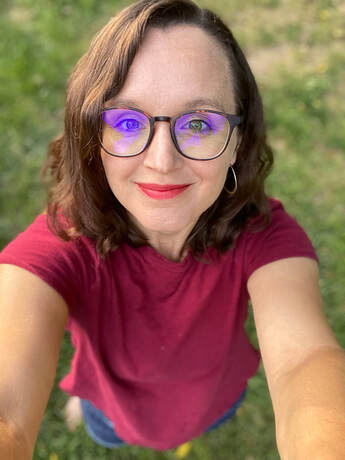
Does my partner have to be formally diagnosed for me to participate?
Nope! I support self-diagnosis as valid and meaningful. Even if you partner doesn't see themselves as autistic, if autism and neurodiversity are frameworks that have helped you to better understand your relationship, you are welcome in this course.
Do I need to know anything about self-compassion or autism to participate?
No prior knowledge is needed, just come ready to learn. I will have a list recommended resources if you decide you'd like to dive deeper into these topics during or after the course.
Can doing this work on my own really make a difference in my relationship?
Definitely. I've helped a lot of partners of autistic adults in individual therapy who have made the kinds of changes this course will lead you through. I've witnessed just how dramatically shifts in the non-autistic partner can shift the whole relationship dynamic.
There are no guarantees this will be your experience and there may be a number of challenges in your relationship that need to be tackled together. At the same time, if all that you receive here is that you help yourself feel better, that's a huge win that you can carry forward no matter what does or doesn't change in your relationship.
Are men with autistic partners welcome in this course?
Yes, come join us! We will cover some of the ways gender socialization can contribute to the challenges non-autistic women experience, but that won't be the primary focus of our course.
What about partners in LGBTQ+ relationships? Are we welcome?
Absolutely! It is both professionally and personally important to me to create a safe space that is LGBTQ+ affirming and informed.
What if I'm neurodivergent but not autistic, is this course for me?
Yes, for sure. Lots of partners of adults on the autism spectrum have ADHD or other types of neurodivergence that are not autism. While "neurotypical" is often the term used to describe partners of autistic adults, I try to avoid that term as I find it is very often inaccurate. There may be aspects of autism-compassion that can help you be more self-compassionate around your own neurodivergence.
What if I have autism and my partner does, too?
This course is specifically for partners without autism as it addresses ways allistic/non-autistic/neurotypical folks experience these relationships. If you need other resources, please check out my neurodiverse relationship library.
What if I also have a child who has autism?
Many neurodiverse couples learn that one partner is on the autism spectrum after a child is diagnosed. While this course won't cover parenting a child with autism specifically, much of the material around self-compassion and autism-compassion could easily be applicable. Specific questions on this topic are welcome during our sessions.
Nope! I support self-diagnosis as valid and meaningful. Even if you partner doesn't see themselves as autistic, if autism and neurodiversity are frameworks that have helped you to better understand your relationship, you are welcome in this course.
Do I need to know anything about self-compassion or autism to participate?
No prior knowledge is needed, just come ready to learn. I will have a list recommended resources if you decide you'd like to dive deeper into these topics during or after the course.
Can doing this work on my own really make a difference in my relationship?
Definitely. I've helped a lot of partners of autistic adults in individual therapy who have made the kinds of changes this course will lead you through. I've witnessed just how dramatically shifts in the non-autistic partner can shift the whole relationship dynamic.
There are no guarantees this will be your experience and there may be a number of challenges in your relationship that need to be tackled together. At the same time, if all that you receive here is that you help yourself feel better, that's a huge win that you can carry forward no matter what does or doesn't change in your relationship.
Are men with autistic partners welcome in this course?
Yes, come join us! We will cover some of the ways gender socialization can contribute to the challenges non-autistic women experience, but that won't be the primary focus of our course.
What about partners in LGBTQ+ relationships? Are we welcome?
Absolutely! It is both professionally and personally important to me to create a safe space that is LGBTQ+ affirming and informed.
What if I'm neurodivergent but not autistic, is this course for me?
Yes, for sure. Lots of partners of adults on the autism spectrum have ADHD or other types of neurodivergence that are not autism. While "neurotypical" is often the term used to describe partners of autistic adults, I try to avoid that term as I find it is very often inaccurate. There may be aspects of autism-compassion that can help you be more self-compassionate around your own neurodivergence.
What if I have autism and my partner does, too?
This course is specifically for partners without autism as it addresses ways allistic/non-autistic/neurotypical folks experience these relationships. If you need other resources, please check out my neurodiverse relationship library.
What if I also have a child who has autism?
Many neurodiverse couples learn that one partner is on the autism spectrum after a child is diagnosed. While this course won't cover parenting a child with autism specifically, much of the material around self-compassion and autism-compassion could easily be applicable. Specific questions on this topic are welcome during our sessions.
more questions? email me at [email protected]
laurie budlong-morse, LMFT
CANALSCAPE COUNSELING ASSOCIATES
Counseling for Individuals & Couples
LOCATIONBroad Ripple
Indianapolis 46220 |
|

